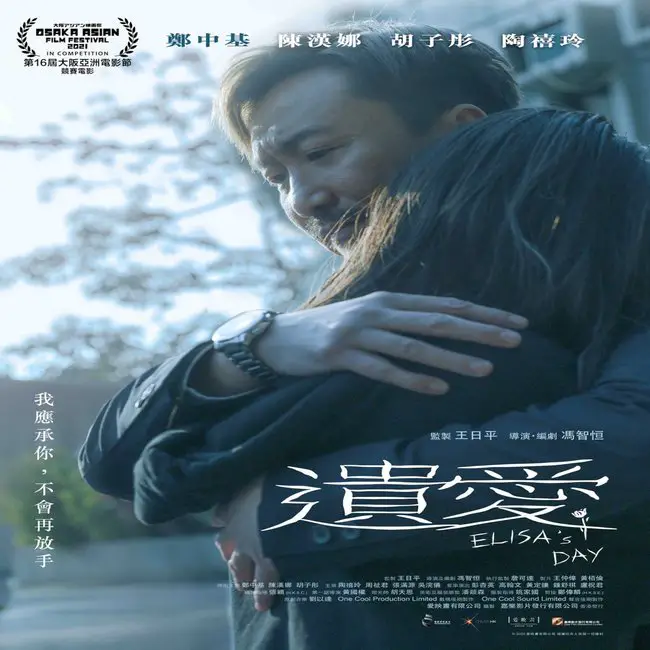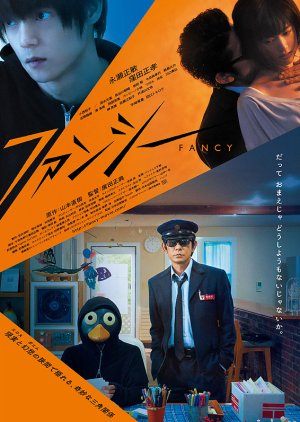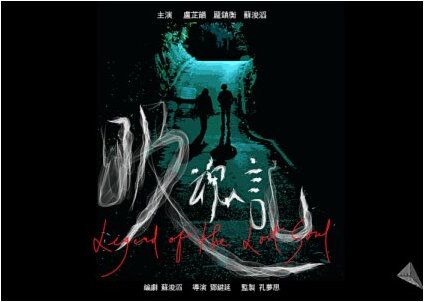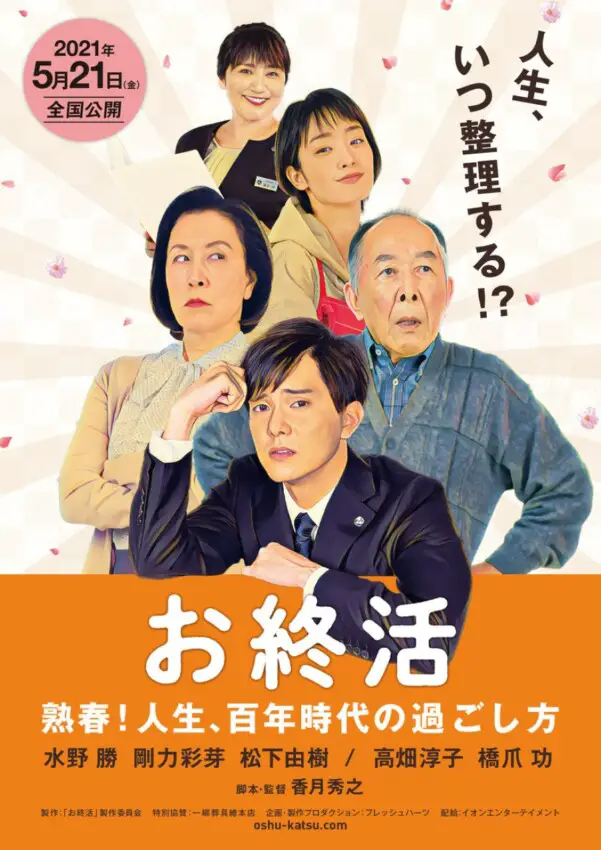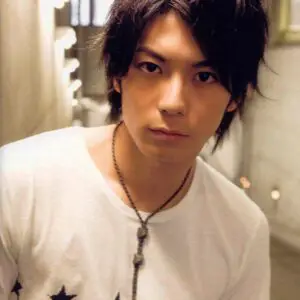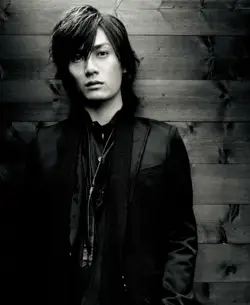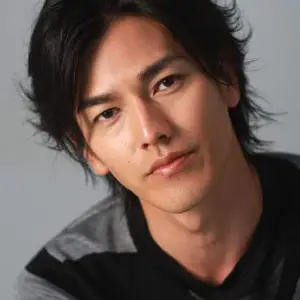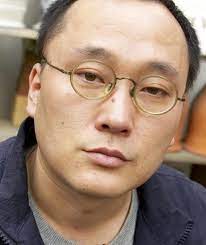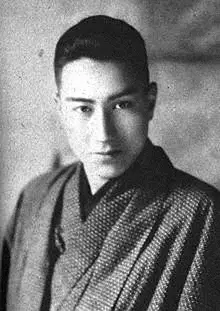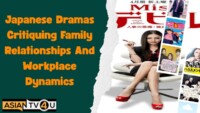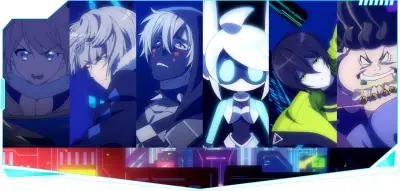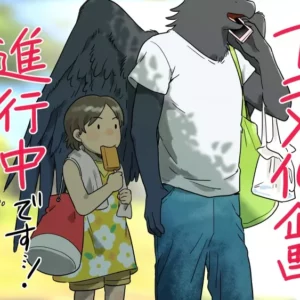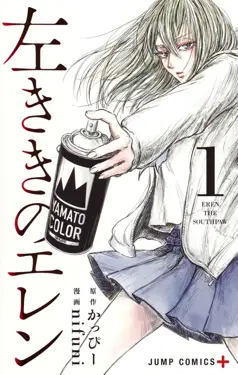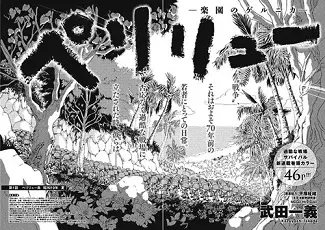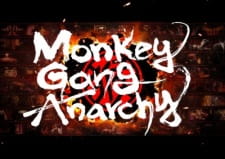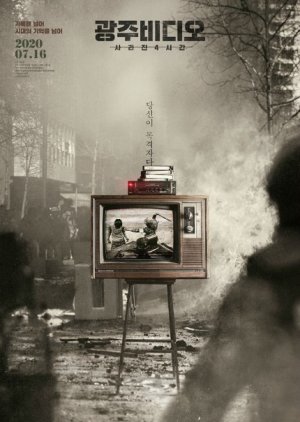
Movie Digest
Gwangju video: The Missing, is a short documentary about the huge uprising incident that took place in the Gwangju province of South Korea. It happened due to the assassination of the then president, Park Chung-hee. The incident was comprised of students from Chonnam University protesting against the government, which caused violence between the citizens and the police and created havoc everywhere.
The Feel-Good Factor
Due to the death of Park Chung Hee, people became more open to democracy and gaining their democratic rights became easier as the rules set by Chung Hee ended with his death. People were free to protest against the government and raise their voices, demanding their own rights. and independence.
The Disappointing Factor
The most disappointing factor has to be the uncontrollable violence that took place between the laymen of the country and the government soldiers. College students were harassed, terribly beaten, tortured, murdered, and even raped. There was no way of believing that the soldiers who fought to protect the people of the nation had themselves attacked the citizens in such an inhuman way. Gwangju had been devastated. But none of this made it to the media. Television shows kept being broadcasted like nothing had happened.
In-Depth Analysis
The incident took place on May 18, 1980. As President Park Chung-hee was assassinated, bringing martial law to an end, the citizens of South Korea demanded democracy. Park was responsible for the economic reformation and revolution of South Korea, and the country grew rapidly in economic terms during his reign, but he was on both sides of the story– good and bad. He had declared a martial law and made an amendment to the existing constitution, converting it into an authoritarian document known as the Yunshin document, which gave him complete control over the military, and this served as a dictatorship towards the people. He was assassinated by his close friend, Kim Jae Gyu, in 1979, saying that he was an obstacle in the way of Korean democracy and that by killing him Kim himself had displayed patriotism. Soon after, people began to protest for democratic rights, thinking they would get it, but little did they know that a military major, Chun Doo-hwan, had taken over the rule without the consent of the current acting president and started intervening in domestic issues rather than just military ones. The students of Gwangju’s Chonnam University, along with some other residents, had started protesting and raiding local police stations. Around 10,000 people participated in demanding their human rights, democracy, minimum wages, and freedom of the press. In response to this, Chun Doo-Hwan undertook suppressive measures and immediately extended a new martial law throughout the country, which resulted in the banning of political activities, the closing of universities, and the curtailing of the press. Chun Doo-hwan, frustrated, immediately ordered to open fire and violence on the gathered citizens, resulting in an unreconcilable Gwangju uprising.
Star Power
Some 20 lawyers, doctors, and preachers from liberated Gwangju voluntarily came together to form a students’ settlement committee and negotiated with the army and demanded compensation for the victimised citizens, disarmament of the military, release of arrested citizens, traffic control, and medical aid.
Overall Opinion
The documentary succeeds in depicting the real videos of the incident and narration from some real people who had experienced this.

